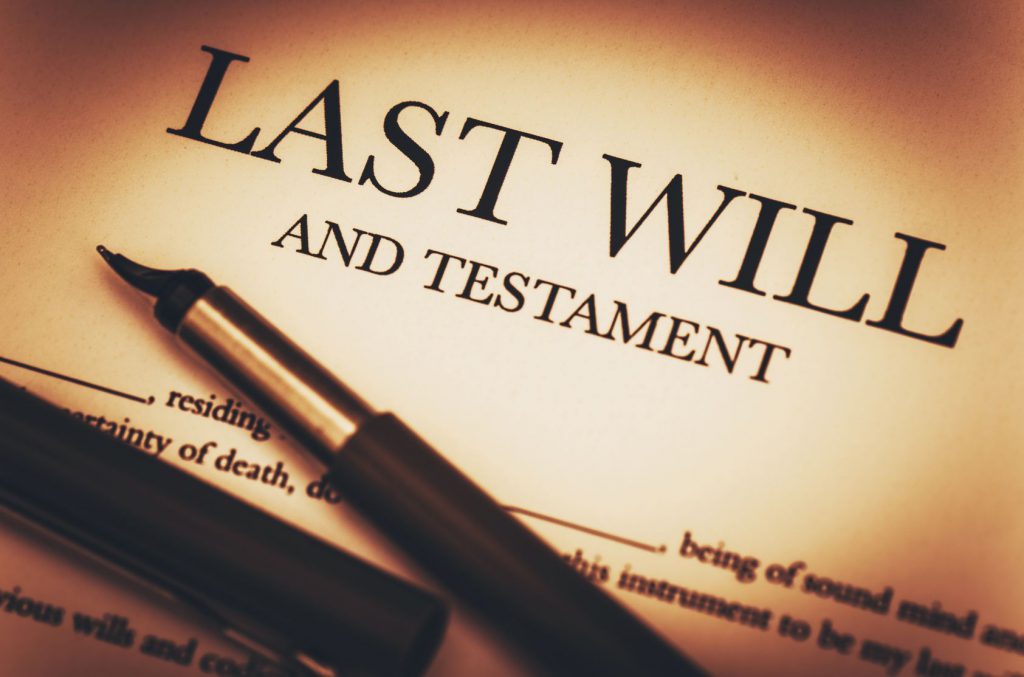
Making a Will allows you to distribute your assets that is money, property, possessions and investments according to your choice to people and causes you care about.
If you die without a will, then there are certain rules known as the intestacy rules which set out how the money, property or possessions and investments should be distributed and who benefits. This may not be the way that you would have liked your assets to be allocated.
Therefore it is very important to make a Will so you can control who will benefit and what they will get.
Making a Will can also make it easier for family and friends to sort out your assets without the stress and save time.
There is no one answer about how to do your Will. It all depends on your assets, your circumstances and who your beneficiaries will be.
You need to make a will that makes your wishes clear, that avoids confusion and conflict amongst your loved ones, and that is legally valid and binding. Doing this will protect your family and friends from costly and stressful legal disputes.
Who will be your Executors?
Your Executors have the legal and administrative task of sorting out your assets and debts after you die and making sure that your wishes as outlined in the Will are upheld.
Who will be your beneficiaries and what effect will their inheritance have on their circumstances?
You can designate anyone as a beneficiary and distribute your assets in any way you like, however if you don’t provide for your family and dependents, your will can be contested and your hard won assets used on litigation fees.
You also should consider the effects that an inheritance may have on your beneficiaries. In some cases a testamentary trust can sidestep potential taxation problems, so it’s important that you get specific advice about your situation.
For example, Life Interest Trust Wills can help protect the assets of the surviving beneficiary from being assessed for benefits or care if they should lose capacity in the future.
Unless your make suitable provisions within the Will to protect the future inheritance then the estate of the Deceased could be liabile to pay inheritance Tax. The current rate of Inheritance Tax is 40% on the excess of the Nil Rate Band Limit which is currently set at £325,000.
To be valid, the person making the Will must be mentally competent, the Will must be correctly signed and witnessed, and show no evidence of tampering. The witnesses to the Will cannot be beneficiaries, or related to beneficiaries and must be over 18.
If there is any doubt, or potential for dispute as to your mental competence, you should get a doctor’s confirmation of your capacity to make the will and include it with your Will.
You should certainly review your Will after any major events, such as marriage, divorce, property purchase or sale, death of a beneficiary or if your assets change significantly. We also recommend that you take a look at your Will every couple of years just to make sure that it is still the best instrument for you and for your family.
We know the potential pitfalls, and will ask you all the right questions to make sure that you have considered every possibility. We can advise you as to whether you would be best with a Will or a Testamentary Trust. We can design your Will in such a way to help protect your family from expensive estate litigation after your death and we can safely store your Will in our secure vault.
© 2024 Mikhaellaw – All rights reserved.